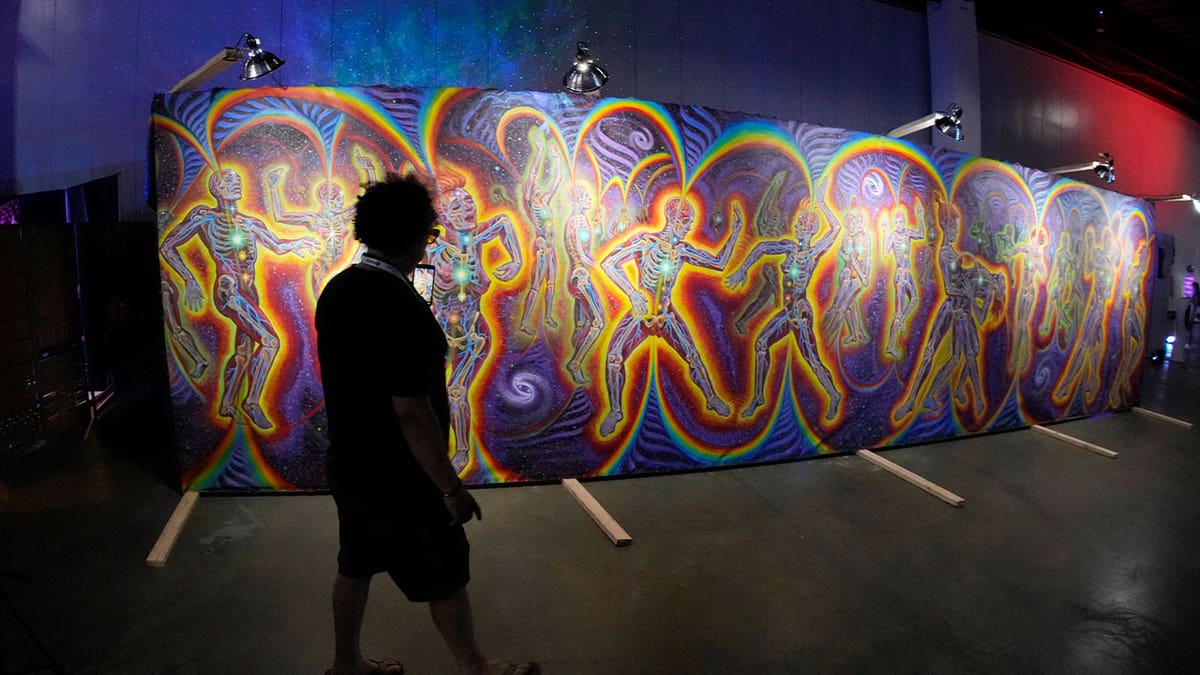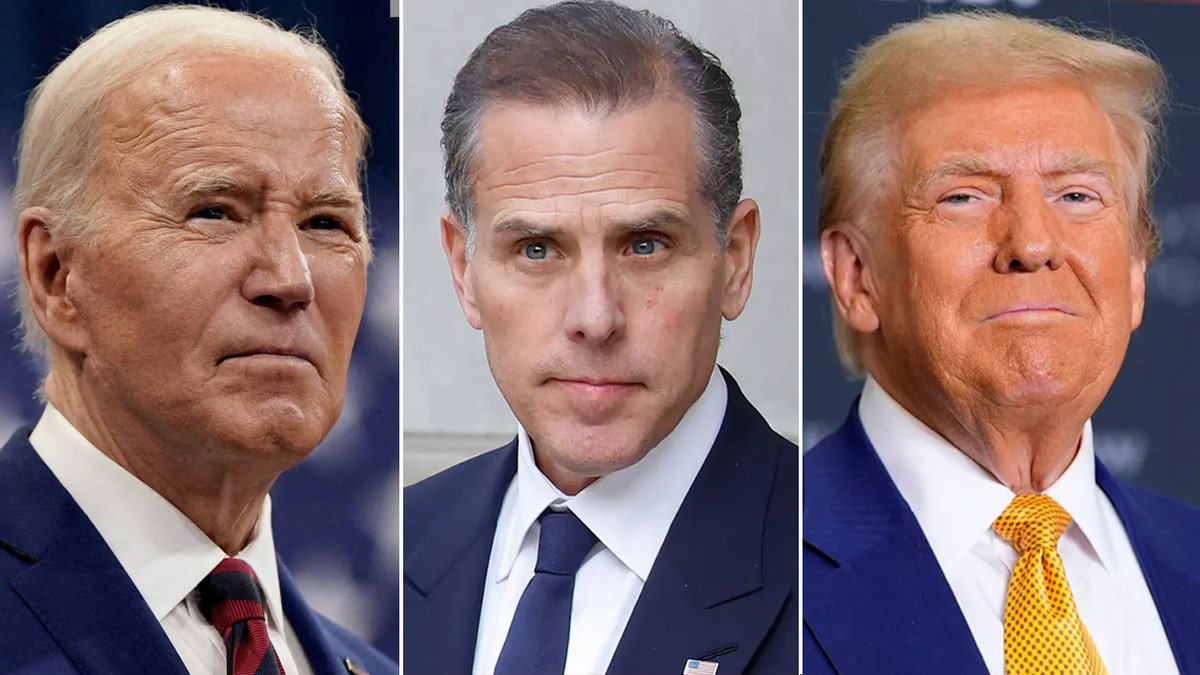Australia has made a groundbreaking move in mental health treatment, becoming the first nation to officially permit psychiatrists to prescribe psychedelic substances like MDMA and psilocybin to patients. This landmark decision aims to address treatment-resistant depression and post-traumatic stress disorder (PTSD).
Starting July 1st, Australian doctors can prescribe MDMA (commonly known as ecstasy) for PTSD and psilocybin (the active compound in psychedelic mushrooms) for individuals struggling with severe depression. These substances have been added to the Therapeutic Goods Administration's list of approved medications.
This decision, initially announced in February, has surprised many scientists within Australia. It positions the country as a global leader in psychedelic research, according to some experts. Chris Langmead, deputy director of the Monash Institute of Pharmaceutical Sciences' Neuromedicines Discovery Centre, highlighted the stagnation in mental health treatment advancements over the past five decades, emphasizing the significance of this shift.
The growing acceptance of psychedelics for therapeutic purposes is also evident in the United States. Oregon has legalized the adult use of psilocybin, and Colorado has decriminalized it. Furthermore, recent discussions reveal that President Joe Biden has engaged in conversations about the potential medical benefits of psychedelics, showcasing a growing openness to exploring these alternative treatments.

The U.S. Food and Drug Administration (FDA) designated psilocybin as a "breakthrough therapy" in 2018 to expedite research and development for serious conditions. Federal grants have supported psychedelic research at institutions like Johns Hopkins, and the FDA recently issued draft guidelines for clinical trials involving these substances.
However, the American Psychiatric Association has not yet endorsed psychedelic use in treatment, pending a final decision from the FDA. Medical professionals worldwide, including in Australia, caution that more research is necessary to fully understand the efficacy and potential risks associated with psychedelics, particularly the possibility of hallucinations.
Dr. Paul Liknaitzky, head of Monash University’s Clinical Psychedelic Lab, expressed concerns about the premature implementation, potential influx of inadequately trained clinicians, affordability issues, and the need for robust oversight of training, treatment, and patient outcomes.
The high cost of treatment in Australia, estimated at around $6,600 USD per patient, is another significant factor. Despite these challenges, the unique opportunity for Australians to access these drugs for specific conditions marks a significant step forward in mental health care. Dr. Liknaitzky acknowledged the excitement surrounding the progressive drug policy and the potential to offer patients more personalized and suitable treatment options.








